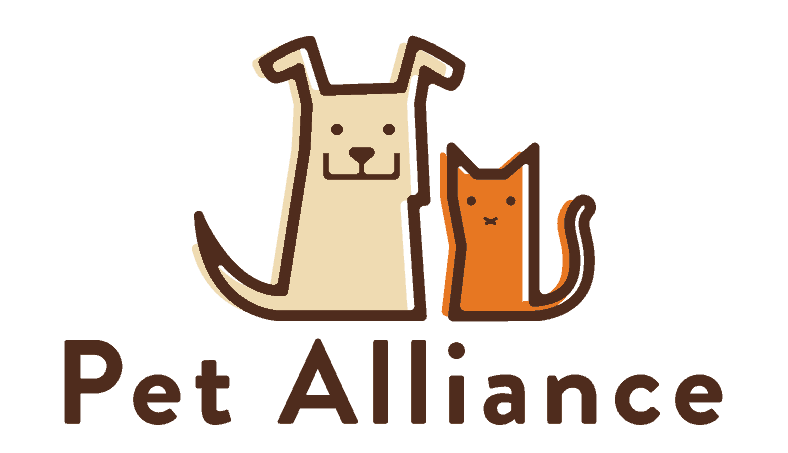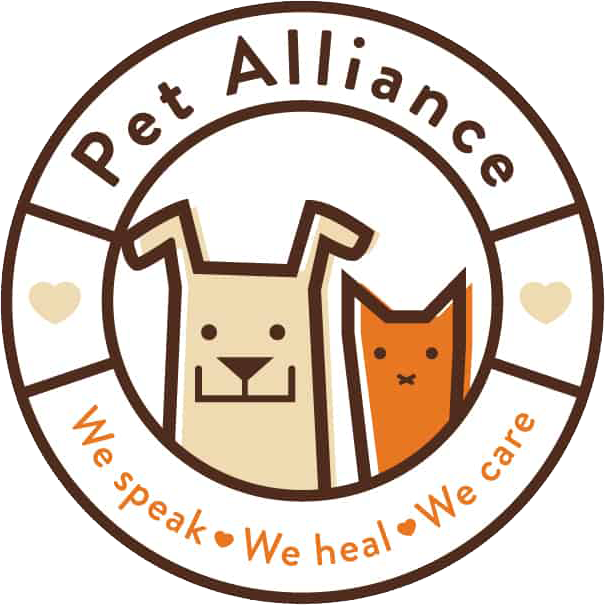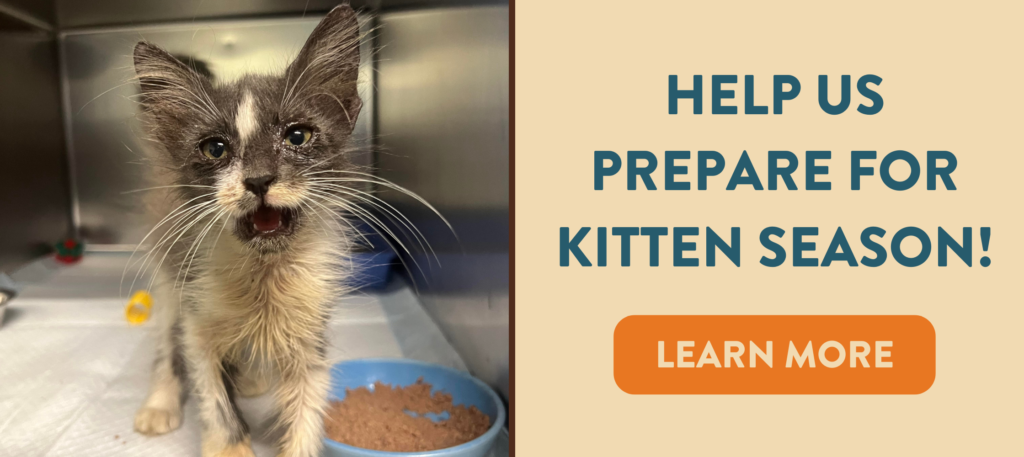Chewing can be directed onto appropriate items so your dog isn’t destroying items you value or jeopardizing his own safety. Until he’s learned what he can and can’t chew, however, it’s your responsibility to manage the situation as much as possible, so he doesn’t have the opportunity to chew on unacceptable objects.
Chewing is normal behavior for curious puppies who may be teething, but adult dogs may engage in destructive chewing for any number of reasons. In order to deal with the behavior, you must first determine why your dog is chewing – and remember – he’s not doing it to spite you.
Taking Control by Managing the Situation
- Take responsibility for your own belongings: If you don’t want it in your dog’s mouth, don’t make it available.
- Don’t confuse your dog by offering him shoes and socks as toys and then expecting him to distinguish between his shoe and yours. Your dog’s toys should be clearly distinguishable from household goods.
- Until he learns the house rules, confine him when you’re unable to keep an eye on him. Choose a “safe place” that’s dog-proof, and provide fresh water and “safe” toys. If your dog is crate trained, you may also place him in his crate for short periods of time.
- If, and only if, you catch your dog chewing on something he shouldn’t, interrupt the behavior, offer him an acceptable chew toy instead, and praise him lavishly when he takes the toy in his mouth.
What NOT to Do
Punishment is rarely effective in resolving destructive behavior problems, and may even make the problem worse. Never discipline your dog after the fact. If you discover your dog has chewed an item but don’t catch him in the act, it’s too late to administer a correction. Your dog doesn’t think, “I chewed those shoes an hour ago and that’s why I’m being scolded now.”
People often believe their dog makes this connection because he runs and hides or “looks guilty.” But dogs display submissive postures like cowering, running away, or hiding when they feel threatened by an angry tone of voice, body posture, or facial expression. Your dog doesn’t know what he’s done wrong; he only knows that you’re upset. Punishment after the fact will not only fail to eliminate the undesirable behavior, but may provoke other undesirable behaviors, too.
For more information on preventing destructive chewing, go to:
https://positively.com/dog-behavior/nuisance-behaviors/chewing/


